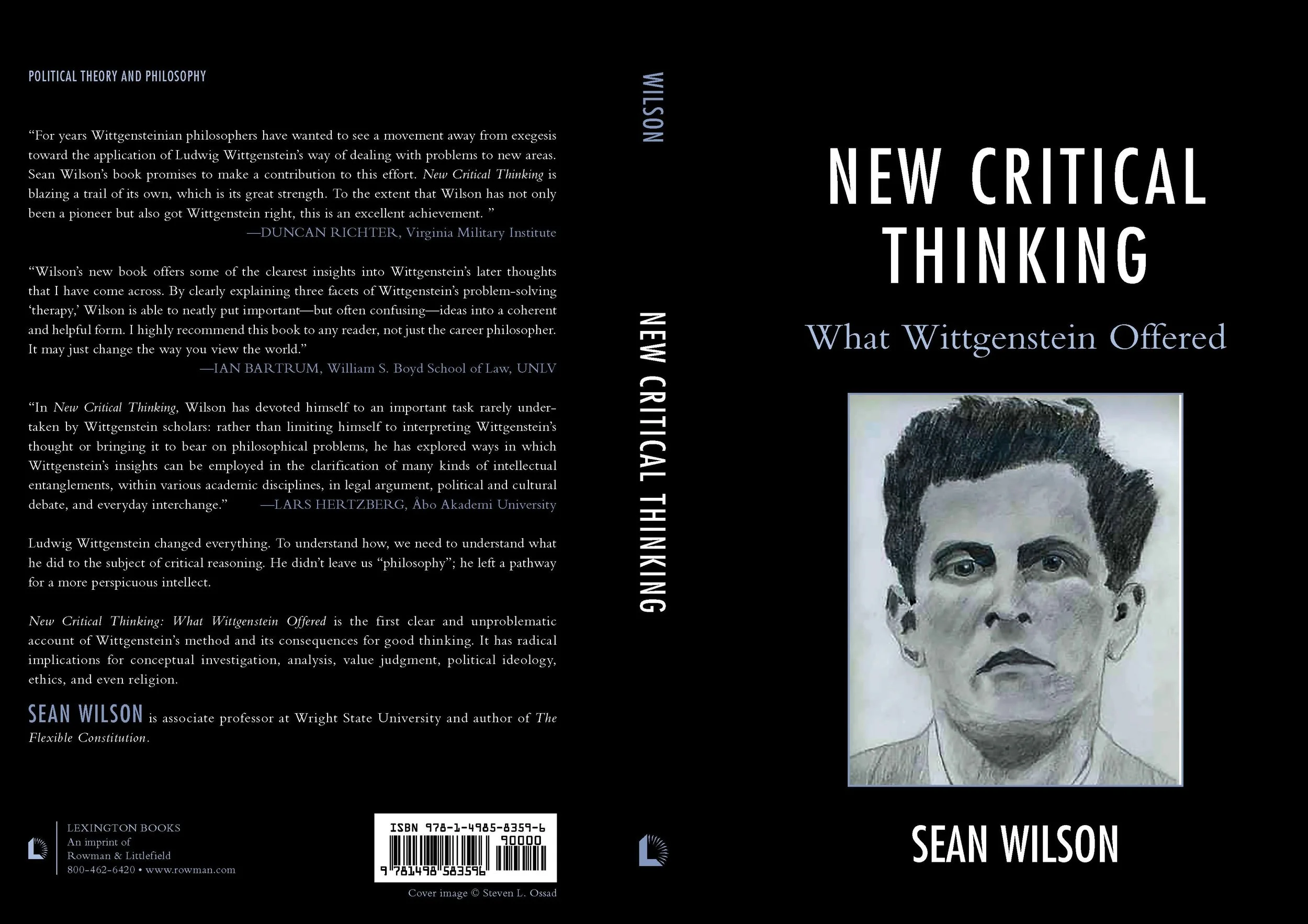
New Critical Thinking
Apologies
I’ve always found Wittgenstein’s ideas horrible to credibly wield. There is no easy format to convey them. The method I have chosen is thinking problems and hypotheticals. I also included numerous illustrations. I wanted the book to be accessible by both a wide and a specialized readership.
What is novel may not be what I take to be Wittgenstein’s method, but rather how I show it. I have broken it down into three basic pieces (tasks, traits and pictures). This forces certain things to become explicit instead of being shrouded.
I also hope that Wittgenstein scholars are not turned off by the biographical thesis in Part I. Mentioning “autism” may not be what some want to hear. And the way I use this idea to demean the rest of the world’s thinking abilities probably won’t go over that well either. But I stand by what is written: this angle works better than just saying that Wittgenstein was a “genius.” It gives us a more descriptive picture. And it helps explain, I think, how we can all benefit from Wittgenstein’s particular gifts.
Finally, I hope politics scholars will pay close attention to the chapters that concern framing and aspects. These people routinely misunderstand what a value judgment really is. If they could only see this behavior as a desire to force a picture onto a social context, they would no longer celebrate it as being something "good for democracy." And this would cause so much of the nefarious part of political discourse to cease. And silence would then become our treasure.